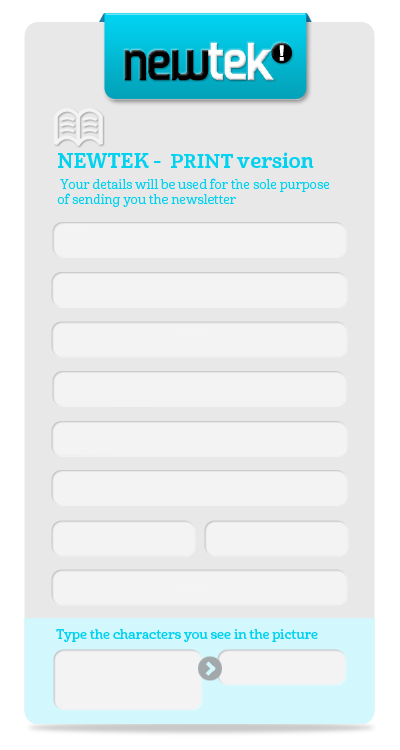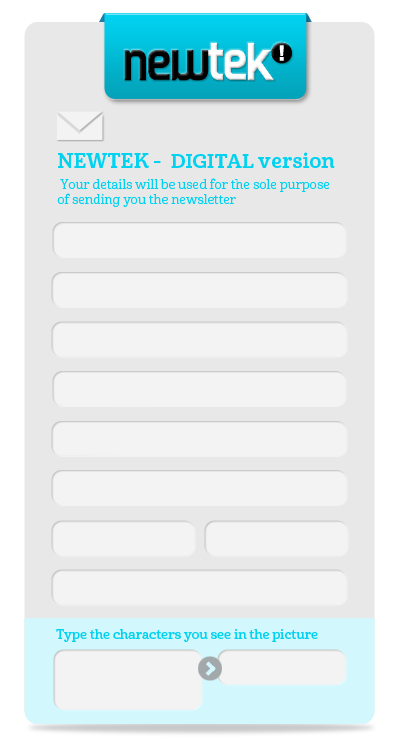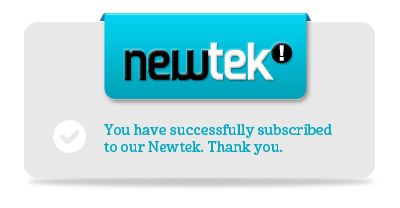THE EXPERT'S VIEW
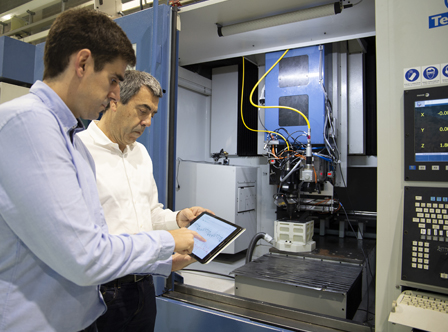
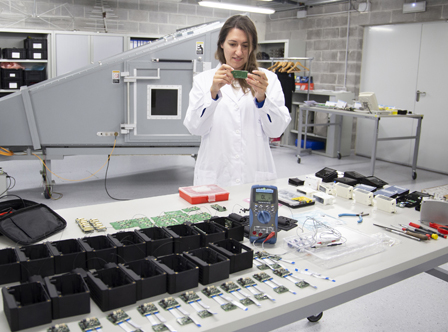
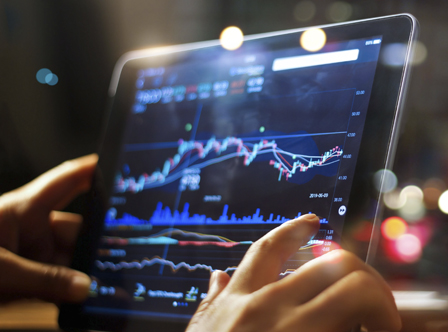
IoT technologies have made a complete 180 degree turn in the current digital ecosystem by reaching beyond applications such as health, transport or "digital homes". They also represent a turning point for the industrial sector. IK4-TEKNIKER, whose aim is to address any challenges arising from this digital transformation, believes that we are dealing with a crucial new technology to implement the “Industry 4.0” concept.
The Internet of Things (IoT) is not only a technology, it is the end result of the evolution and onset of a number of technologies reflecting the progress made in terms of data acquisition (microelectronics, MEMS systems, sensorics, etc.); communications (4G and 5G soon); storage (cloud storage cost-efficiency, for instance) and, of course, data processing (Big Data technologies, Artificial Intelligence, Edge Computing).
This is what has brought about IoT, a new paradigm for the digital ecosystem in which an infinite number of heterogeneous elements can communicate and interact at a global scale with people and between themselves (Machine to Machine -M2M-) as well as with their environment.
IoT technologies are fundamental for many components and machines (that, until now, have only featured basic functions or been used locally) to become higher added value services connected to the environment. We have a clear example of this evolution in door locks which are no longer purely mechanical but rather cloud-connected solutions that we can open with our mobile phone.
IoT in our everyday life and in the industry
Although steps have already been taken in many areas in the field of IoT technologies, a number of apps started some time ago (in domotics, for instance, with smart homes/cities, wearables, etc.). In terms of manufacturing solutions and company digitisation actions (Industry 4.0), however, developments are much more recent.
Our society is now familiar with concepts such as “digital homes”, connected cars and transport, healthcare technologies or e-Health and IoT technologies are also gaining momentum in the industry.
Some of the examples that use these technologies and that can now be found in our industrial environment are low cost sensors for predictive maintenance involving components and machines; grey boxes or devices used to monitor and process on-site operating data; wearables and digital assistants that facilitate interactions between staff, machines and robots; traceability and location services for goods and people as well analytical algorithms and platforms used to optimise production processes, etc.
There are also other areas such as, for instance, the agrofood sector, that is currently using these high range technologies as a support to meet its needs (in environments that, until now, were very open, complex and costly to monitor).
Trends and future challenges
It was only a few years ago when the Internet and mobile telephony gave rise to a significant revolution. IoT technology, on the other hand, can also play a disruptive role. It is more than likely that, in the short term (in 5-10 years) we will be surrounded by hundreds or even thousands of devices that will produce relevant information covering all areas (city, health, industry, leisure, etc.).
Although it is nowadays possible to start thinking about certain types of applications like those mentioned above, there is an enormous potential for new applications that we now find difficult to imagine but that will come into being as interoperability between all of these devices and their environment increases. Consequently, interconnections between IoT and other technologies such as augmented reality or semantic technologies could play an outstanding role.
Any improvements to be made in terms of managing the safety, traceability and ownership of the data to be delivered by these thousands or millions of devices over the next few years represent a significant challenge that IoT technologies will have to address in the near future. Data privacy, sovereignty and value will become outstanding issues to be addressed in personal and industrial terms as, if otherwise, the implementation of these technologies could be hampered.
Cybersecurity is another major concern in terms of industrial and academic research. The Internet has demonstrated that security is like a continuous race and that users need and demand more protection. IoT, therefore, will have to address this challenge. Critical sectors involving the management of drinking water, energy distribution, traffic control, etc. will become increasingly dependant on IoT solutions. Consequently, it will be absolutely essential to ensure the invulnerability of these systems.
IK4-TEKNIKER's approach
At IK4-TEKNIKER we are focusing on IoT technologies as a key enabling factor to implement the Industry 4.0 concept. Many of our customers, especially OEMs (Original Equipment Manufacturer), integrators, component manufacturers, etc. are interested in finding new business opportunities by incorporating "intelligence" to their products and providing product-related services.
At IK4-TEKNIKER, the research and development of IoT technologies is being addressed from the perspective of complementary capabilities and the generation of devices to be managed in the cloud. The ultimate goal is to address the challenges that digital transformation and Industry 4.0 pose for our local companies from a transversal and multi-sectorial perspective.
We currently stand at the forefront of IoT technologies thanks to our high level of technological specialisation and our in-depth knowledge in terms of industrial processes and collaboration with leading stakeholders in diverse sectors such as health, infrastructures, digital homes, automation, aeronautics, science industries, machine tools or the agrofood business, among others.
